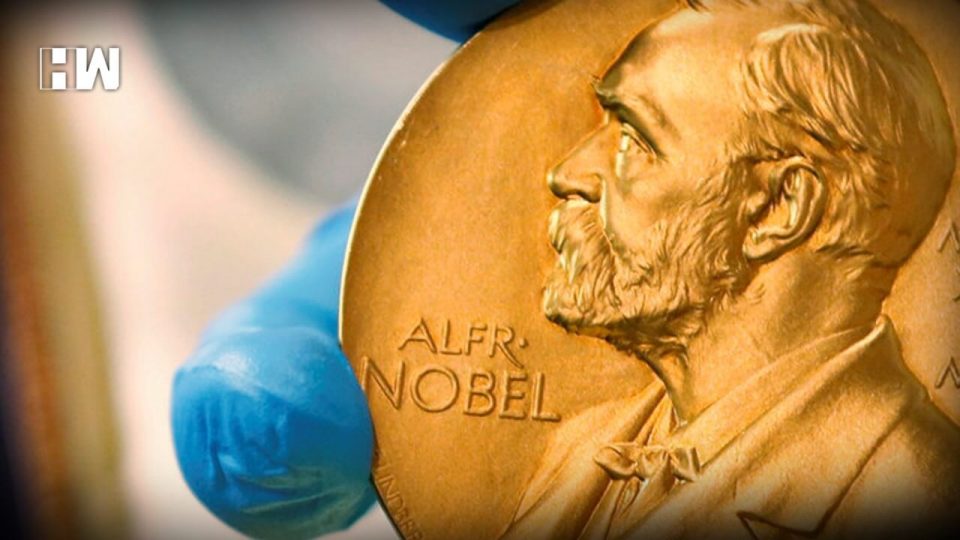Stockholm | Three researchers on Tuesday shared the 2018 Nobel Physics Prize for inventions in the field of laser physics which have paved the way for advanced precision instruments used in corrective eye surgery and industry, the jury said.
Arthur Ashkin of the United States won one half of the nine million Swedish kronor (about 1.01 million or 870,000 euros) prize, while Gerard Mourou of France and Donna Strickland of Canada shared the other half.
Ashkin, 96, was honoured for his invention of “optical tweezers” that grab particles, atoms, viruses and other living cells with their laser beam fingers. With this, he was able to use the radiation pressure of light to move physical objects, “An old dream of science fiction,” the Royal Swedish Academy of Sciences said.
Meanwhile, Mourou, 74, and Strickland — only the third woman to win the Physics Prize — won for together developing a method to generate ultra-short optical pulses, “The shortest and most intense laser pulses ever created by mankind,” the jury said. Their technique is now used in corrective eye surgery.
Last year, US astrophysicists Barry Barish, Kip Thorne and Rainer Weiss won the physics prize for the discovery of gravitational waves, predicted by Albert Einstein a century ago as part of his theory of general relativity.
On Monday, two immunologists, James Allison of the US and Tasuku Honjo of Japan, won this year’s Nobel Medicine Prize for research into how the body’s natural defences can fight cancer.
The winners of the chemistry prize will be announced on Wednesday, followed by the peace prize on Friday. The economics prize will wrap up the Nobel season on Monday, October 8.
For the first time since 1949, the Swedish Academy has postponed the announcement of the 2018 Nobel Literature Prize until next year, amid a #MeToo scandal and bitter internal dispute that has prevented it from functioning properly.
As an independent media platform, we do not take advertisements from governments and corporate houses. It is you, our readers, who have supported us on our journey to do honest and unbiased journalism. Please contribute, so that we can continue to do the same in future.

